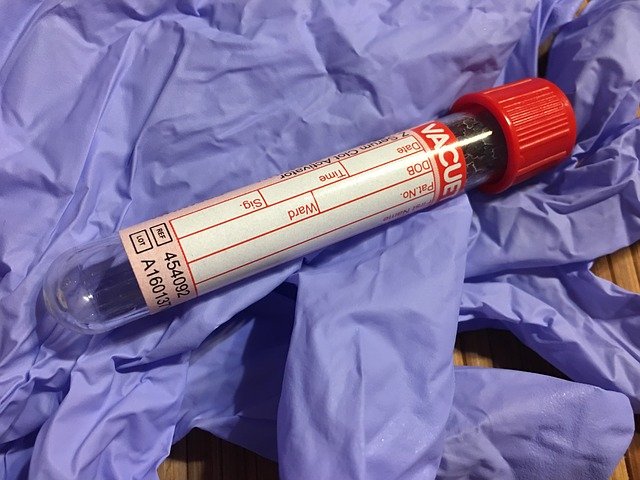
A new review of published research is challenging the half-century-long belief that LDL, the so-called ‘bad kind’ of cholesterol, causes heart disease.
The study from the University of South Florida also questions the use of statins as the primary prevention tool for cardiovascular disease (CVD).
The findings could have widespread implications as tens-of-millions of Americans currently take statins to help lower their cholesterol levels and risk of heart attack.
Previous research has shown there is a strong connection between LDL cholesterol levels and heart disease.
But the researchers said that those research designed to deceive the public and physicians into believing that LDL causes heart disease. The research that has targeted LDL is terribly flawed.
In addition, according to the research team, the statistical approach statin advocates have used to demonstrate benefits has been deceptive.
In the current study, more than a dozen doctors, including cardiologists, from the U.S., Sweden, the United Kingdom, Italy, Ireland, France and Japan, reported that the current narrative that LDL causes CVD is based on “misleading statistics, exclusion of unsuccessful trials and ignoring numerous contradictory observations.”
The effectiveness of statin treatment as a primary prevention method has been heavily debated by researchers for years.
This latest study analyzed three recently published reviews of roughly 50 years of research.
It refutes a number of claims and hypotheses made about the connection between LDL and heart disease, and the value of statins for preventing CVD.
David Diamond, Ph.D. is a co-author of the article.
The study is published in Expert Review of Clinical Pharmacology.
Copyright © 2018 Knowridge Science Report. All rights reserved.
Source: Expert Review of Clinical Pharmacology.



